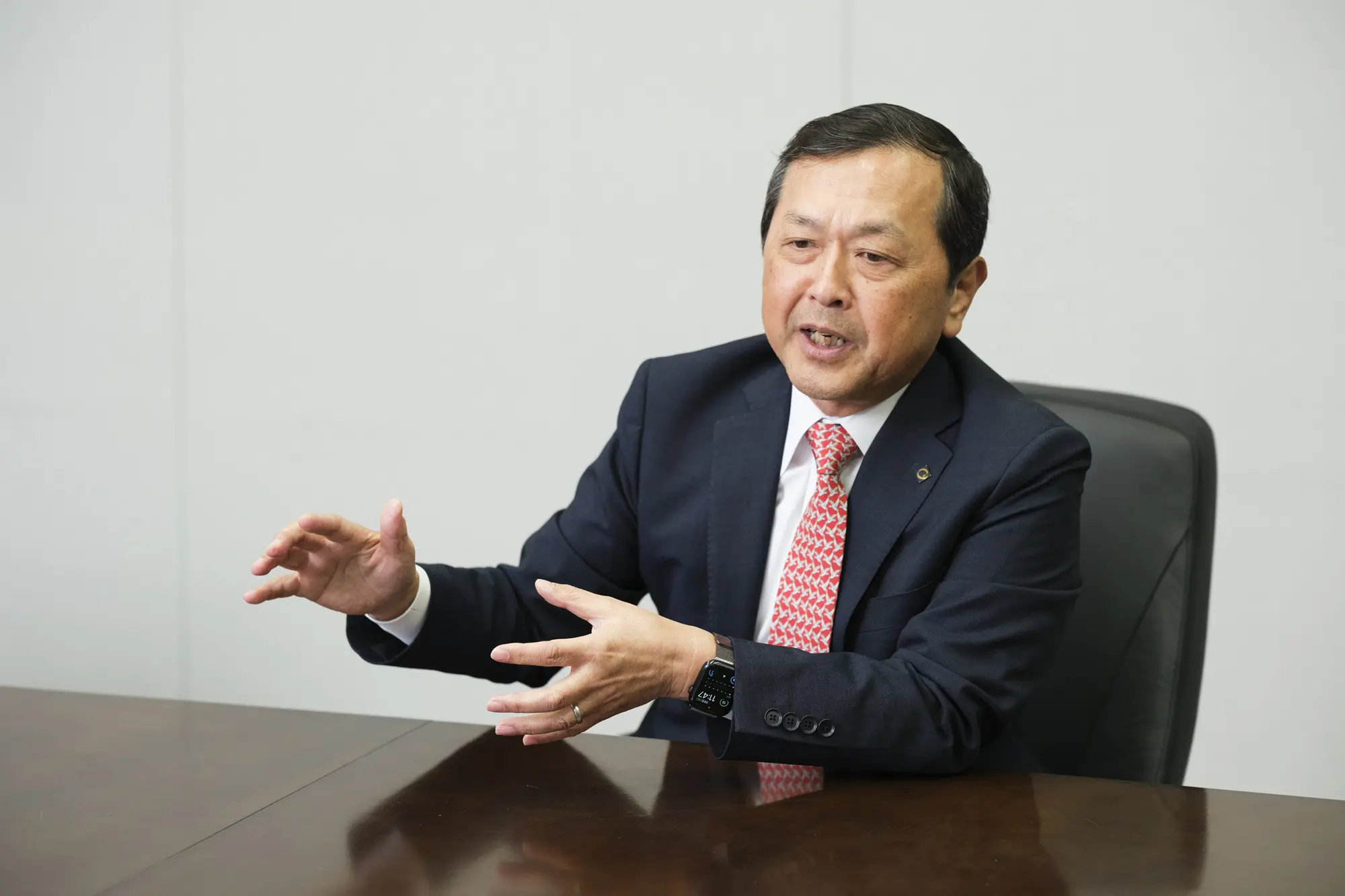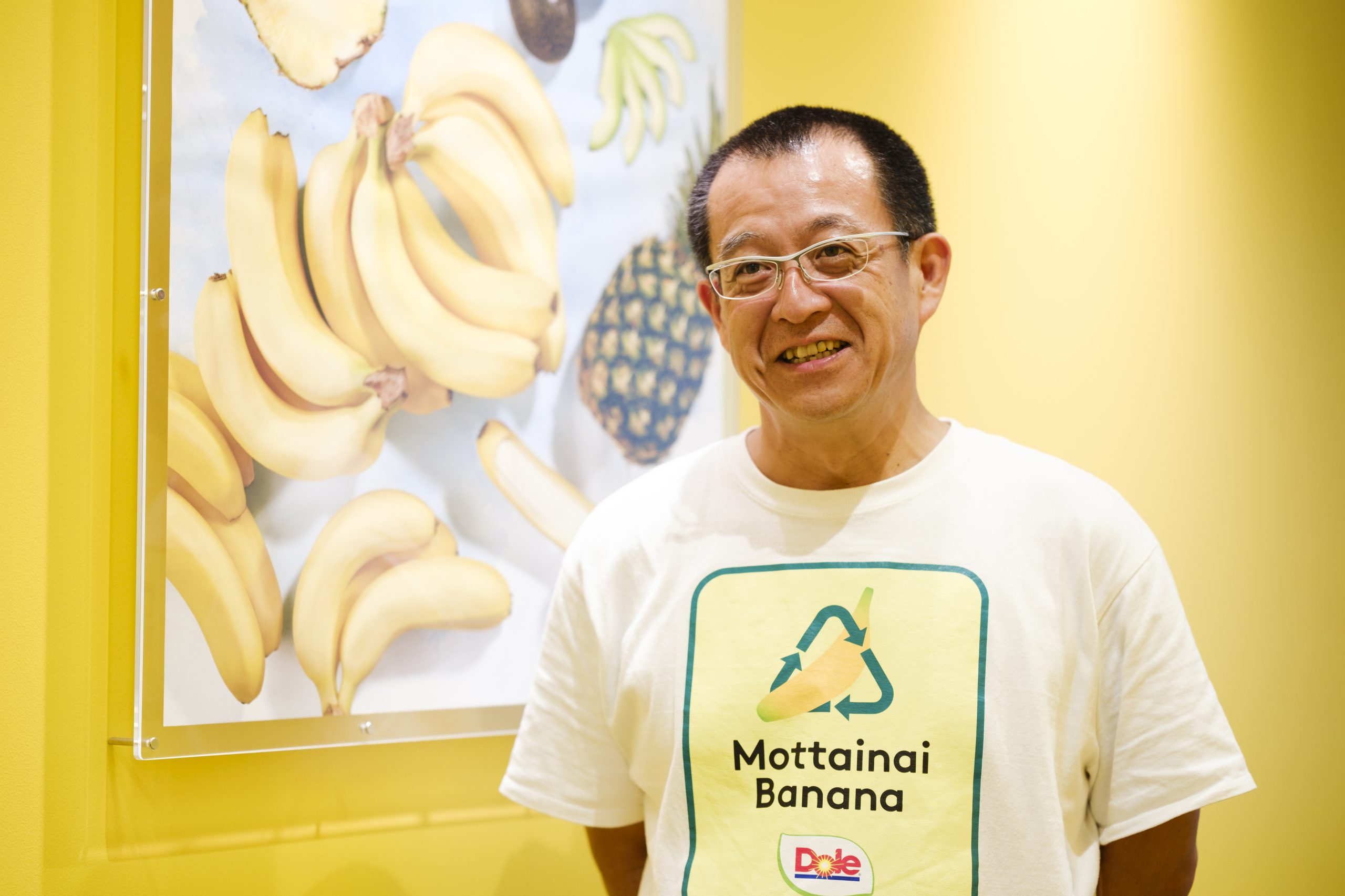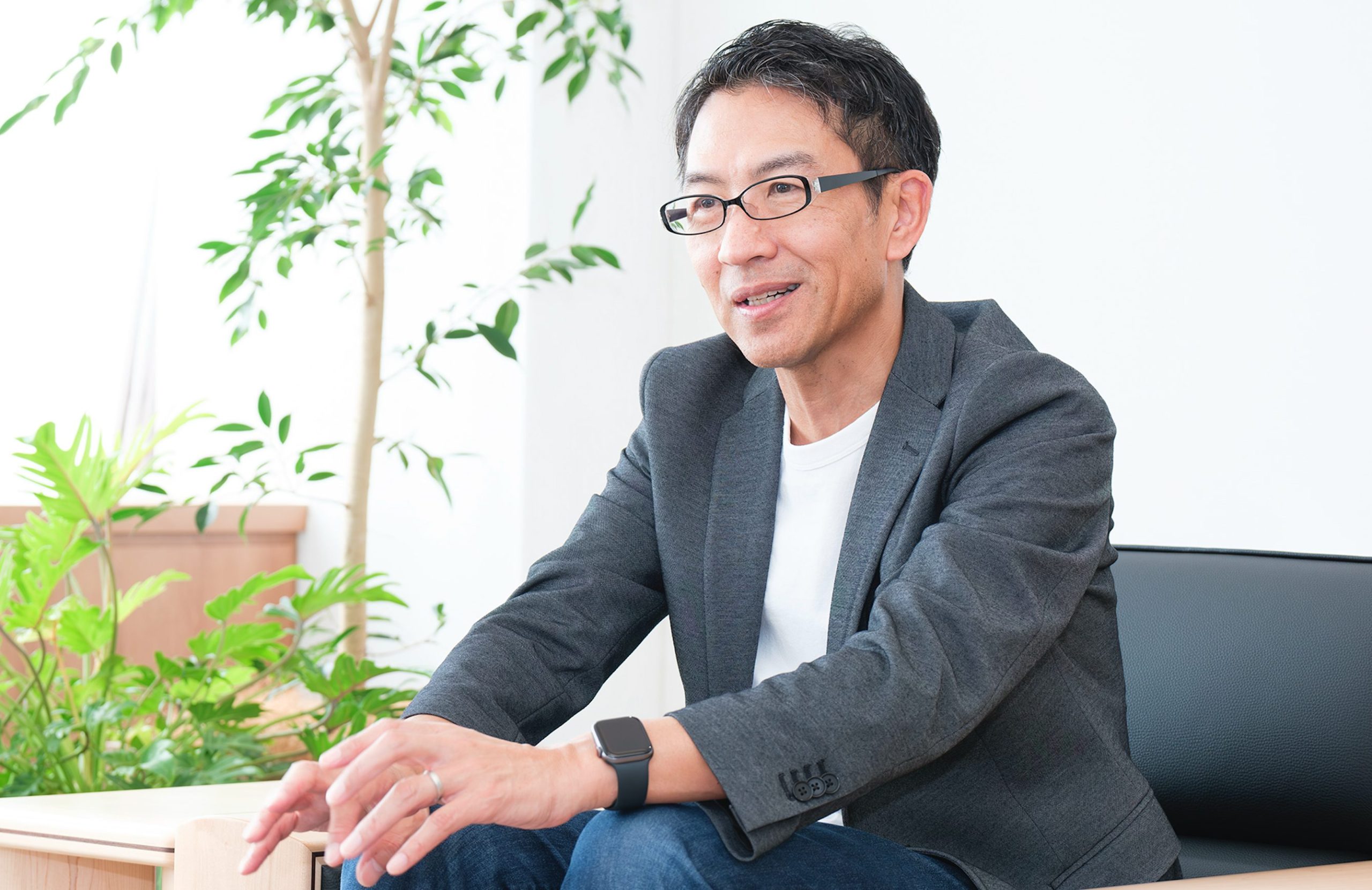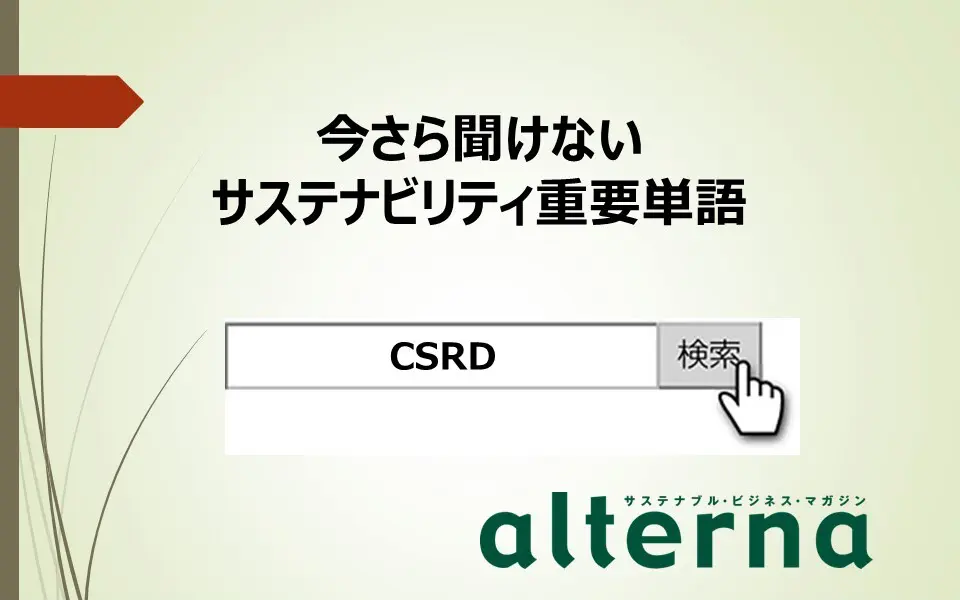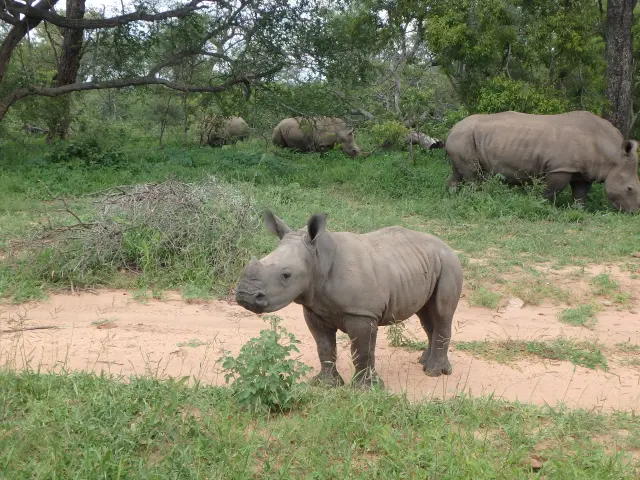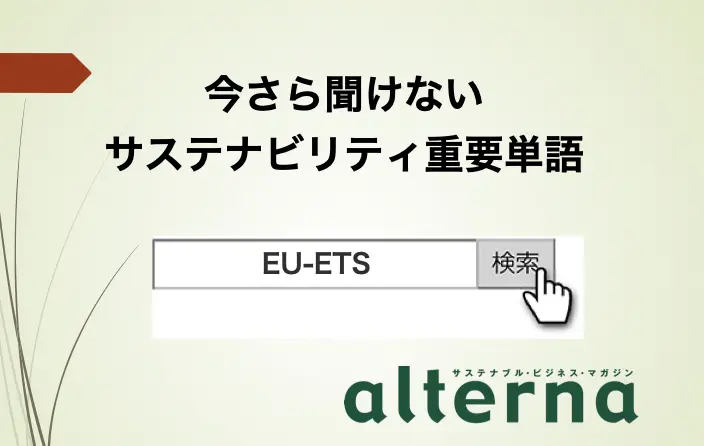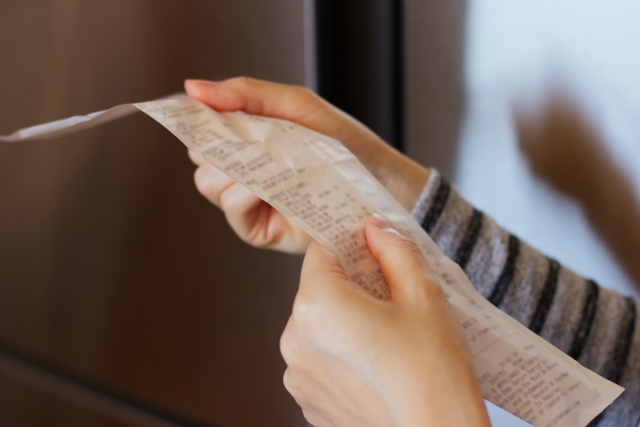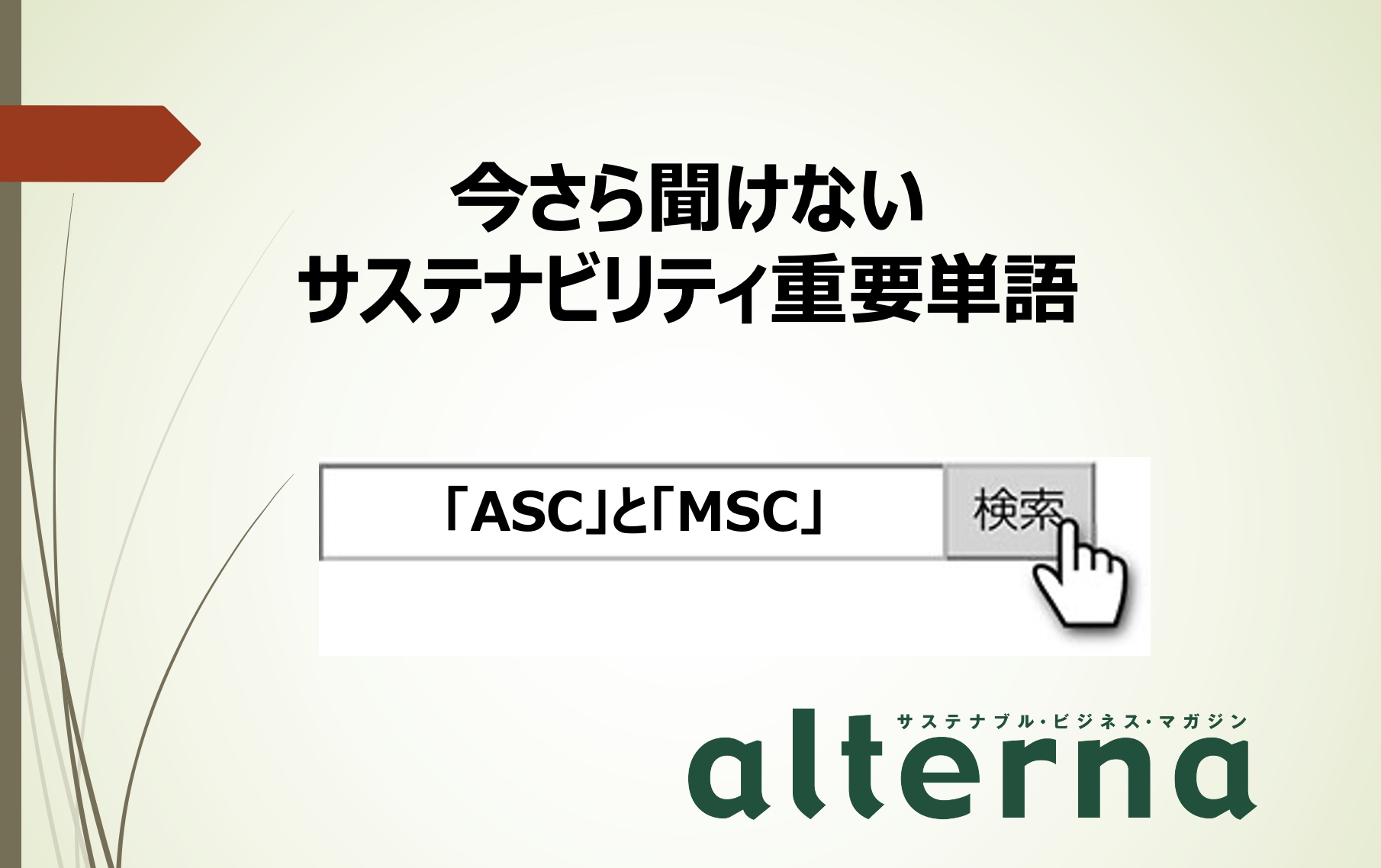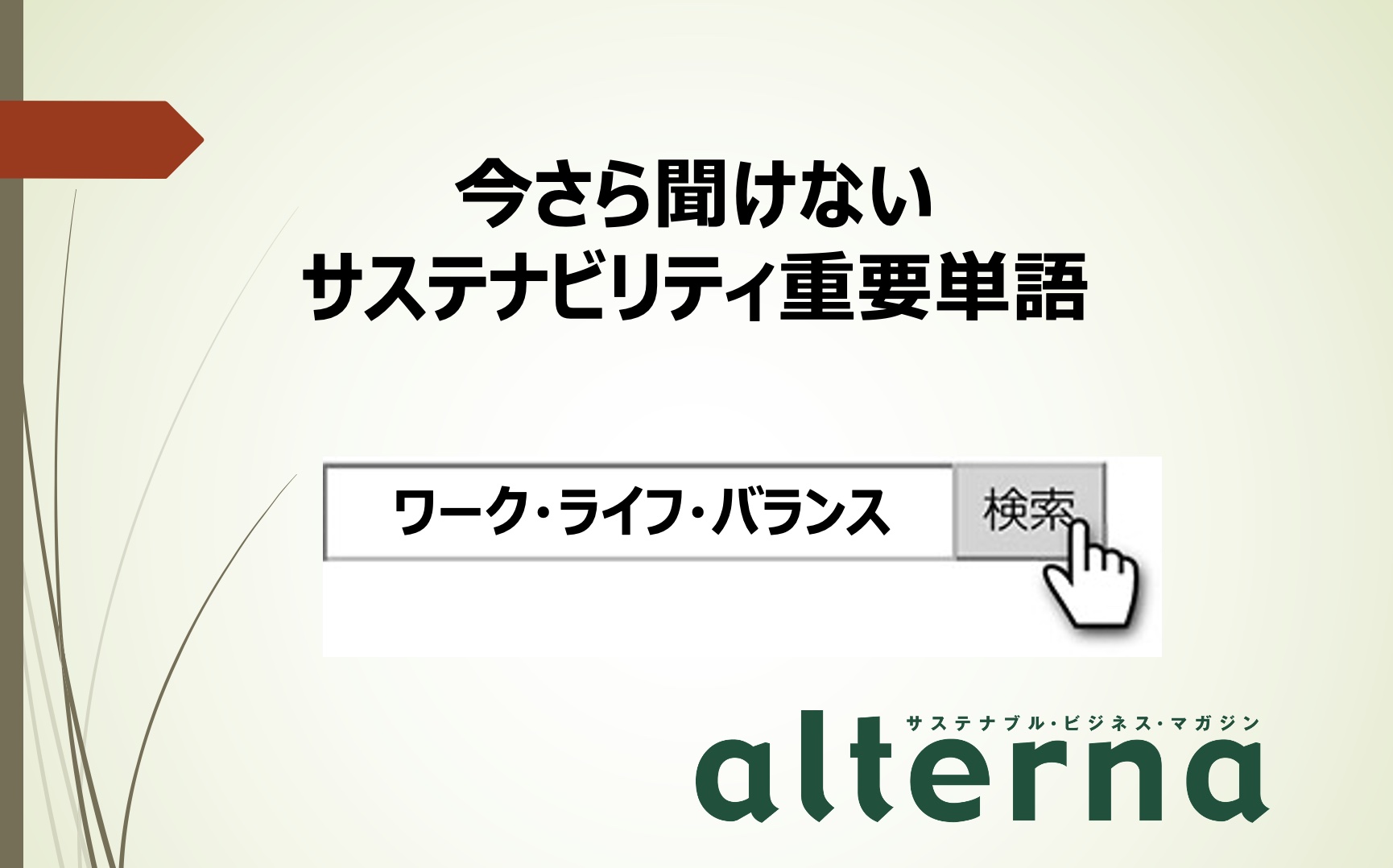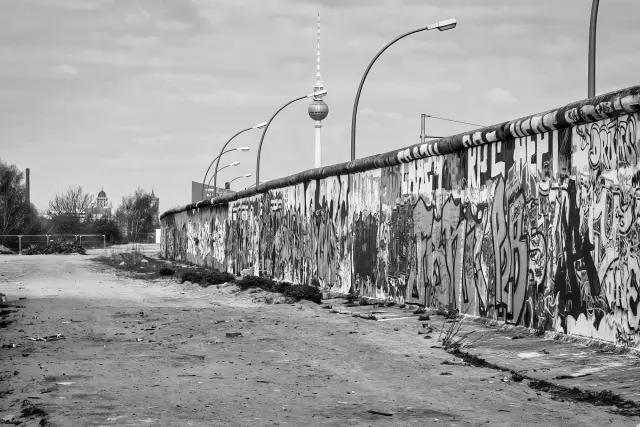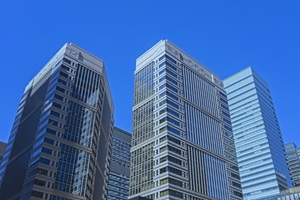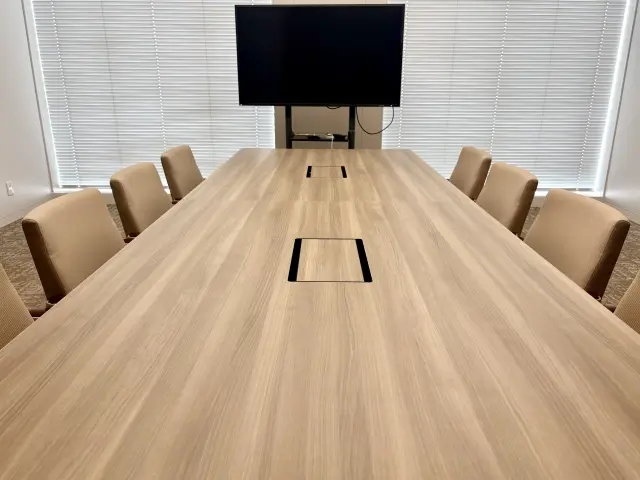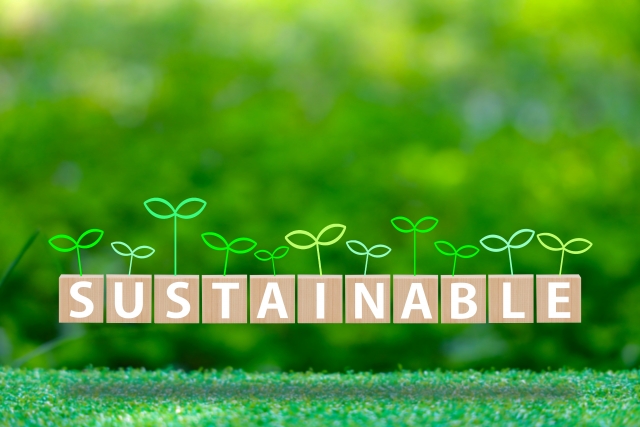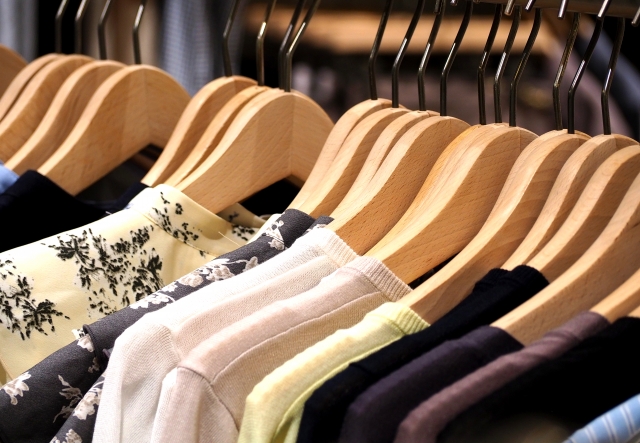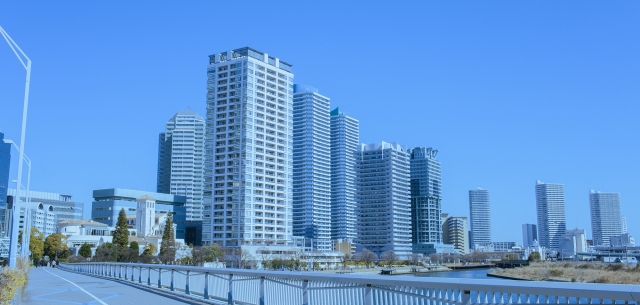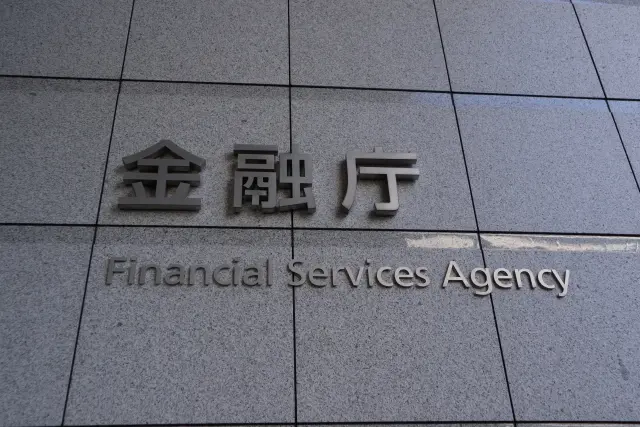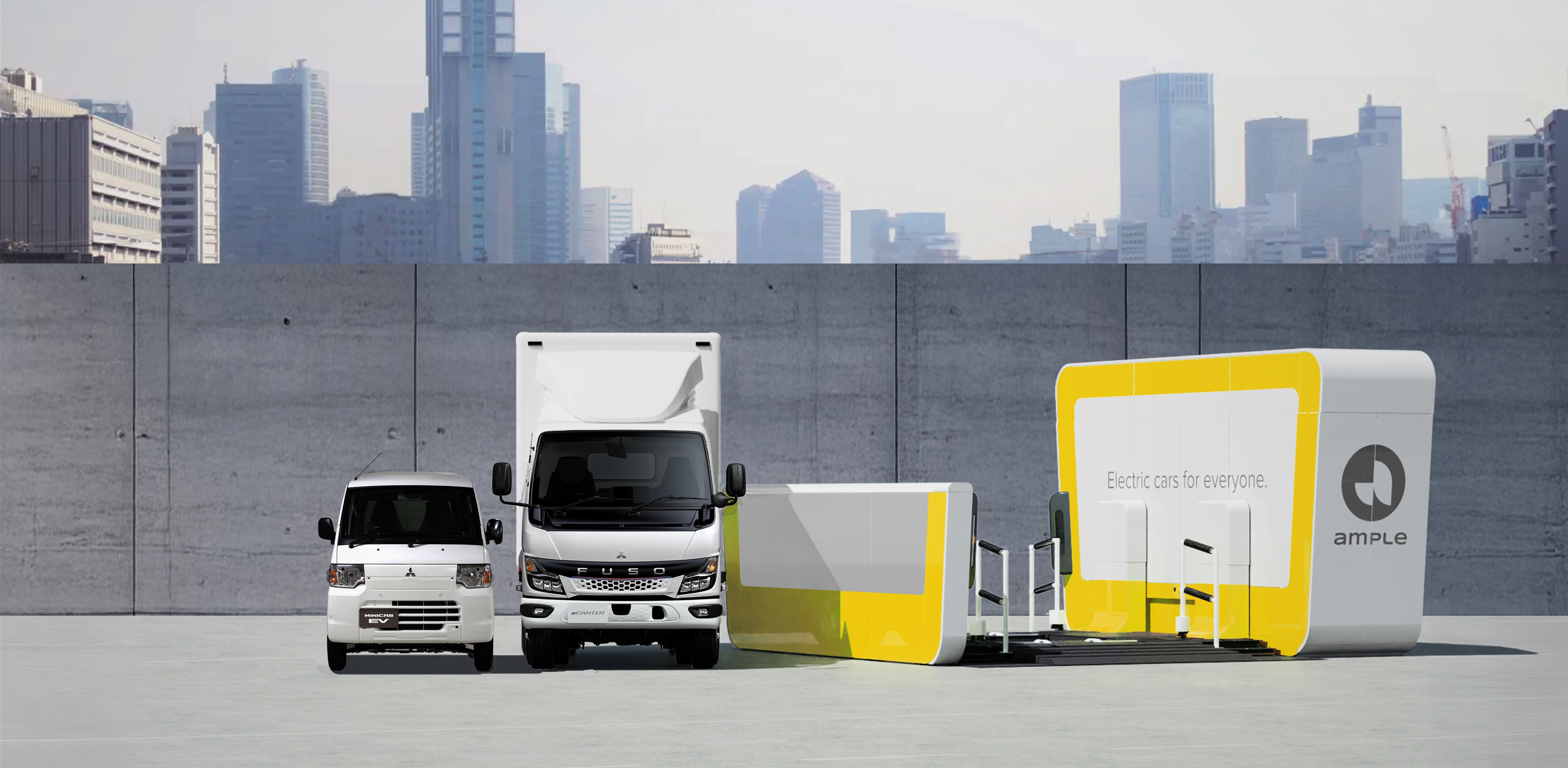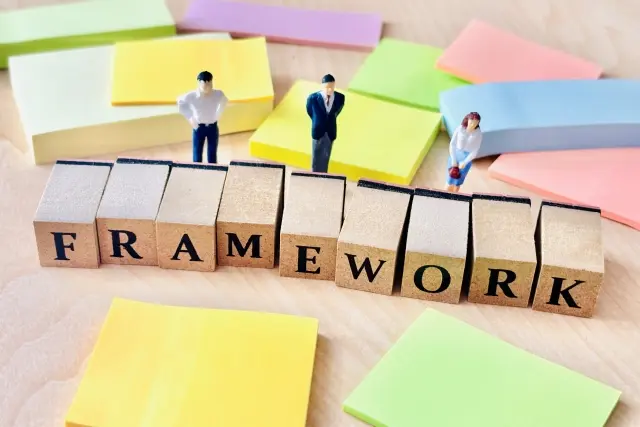梅雨に台風が続き、晴れやかな青空が待ち遠しい今日この頃ですが、皆さんお元気でしょうか。
今月はLesson 5, “Fair Trade”「フェアトレード」を読みます。店頭でフェアトレード認証マークのついた商品を見かけることも増えました。認知度は上がってきているといえ、消費者の間での認知や購買行動のレベルでは、欧米と比べると後れをとっていることは否めません。一方で、昨今では、中高のみならず小学校でもフェアトレードを授業で学ぶ、また普及活動に取り組むといった動きがみられます。
【語注】
vulnerable 弱い
eliminate 解消する
disparity 格差
plague 苦しめる (名詞では「疫病」)
equitable 公平な
fluctuate 変動する
influx 流入
speculative 投機の
■フェアトレードの歴史
Based on the awareness that the current global trade system is sometimes unfair to the economically and socially vulnerable people of developing countries and increases their poverty, fair-trade began as a movement to eliminate the economic disparity between the North and South. Originally, the fair-trade movement started in the field of handicrafts. From the 1970s to the 1980s, coffee beans, an agricultural product, were also treated as a fair-trade product. Later, the fair-trade movement expanded to include primary products such as cacao, sugar, and bananas. It was due to the decline in prices of agricultural products that plagued producers in developing countries.
【訳】
現在のグローバル貿易のしくみは、経済的にも社会的にも弱い立場の開発途上国の人々にとって時にアンフェアであり、貧困を拡大させるものだという意識に基づき、南北の経済格差を解消する運動として始まったのがフェアトレードです。もともとフェアトレードは手工芸品から始まりましたが、1970~80年代には、農産物であるコーヒー豆もフェアトレード商品として扱われます。それ以降、カカオ、砂糖、バナナなどの一次産品にも対象が広がっていきますが、原因となったのは、開発途上国の生産者を苦しめる農産物価格の下落でした。Vulnerable は「弱い」ですが、経済的に不安定な、社会的に脆弱である、攻撃を受けやすい、等の意味です。
■援助でなく貿易を
“Trade, not aid” is a slogan proposed by developing countries at the United Nations Conference on Trade and Development (UNCTAD) in 1968. The idea is that poverty and economic disparity between developing countries and developed countries are caused by trade imbalances and cannot be solved by aid.
【訳】
「援助でなく貿易を」は、1968年、国際連合貿易開発会議(UNCTAD)で開発途上国側から提案されたスローガンです。開発途上国の貧困や先進国との経済格差は、そもそも貿易のアンバランスによって引き起こされており、援助では解決できないという考え方です。
In 2001, the world’s leading fair-trade network organizations jointly defined fair trade as following: “Fair Trade is a trade partnership that seeks to conduct international trade under more equitable conditions, based on dialogue, transparency and respect.” By providing better terms of trade and protecting the rights of vulnerable producers and workers, particularly in the global South, fair-trade contributes to sustainable development.
【訳】
2001年、世界の主要なフェアトレードネットワーク組織が共同でフェアトレードの定義を次のように定めました。「フェアトレードは対話、透明性、敬意を基盤とし、より公平な条件下で国際貿易を行うことを目指す貿易パートナーシップである。とくに『南』の弱い立場にある生産者や労働者に対し、よりよい貿易条件を提供し、かつ彼らの権利を守ることにより、フェアトレードは持続可能な発展に貢献する」。
フェアトレードの定義は様々ですが、最もよく用いられるのは上記に挙げられている定義で、強い影響力を持つ欧州の 4 団体(FLO International、IFAT、NEWS!、EFTA)が合意しました。日本でもこの定義が一般的です。
■開発途上国の生産者たちが直面する課題
Coffee, for example, is the second largest primary commodity in the world after oil, but more than 90% of its production area is in developing countries. The purchase price of coffee beans is set in the international markets of New York and London, far away from the production site. Prices fluctuate wildly from day to day, driven not only by supply and demand, but also by the influx of speculative money. Lacking information on market trends and the means to sell to the market, many individual small-scale farmers are forced to rely on middle-people to sell their produce, sometimes at prices that do not even cover their production costs.
【訳】
たとえばコーヒーは、一次産品としては石油に次いで世界第二位の取引規模を誇っていますが、生産地域の9割以上が開発途上国です。コーヒー豆の買い取り価格は、生産現場とは遠く離れたニューヨークとロンドンの国際市場で決められます。需給バランスばかりでなく、投機マネーの流入で、日々激しく値動きします。マーケット動向の情報や市場への販売手段をもたない個々の小規模農家の多くは、中間業者に頼らざるを得ず、ときに生産コストすらまかなえない価格で売らざるをえません。purchase priceは「買い上げ価格」、Speculative moneyは「投機資金」、market trendsは「市場動向」です。cover cost of ~で「~の費用を賄う」となります。
In the situation, hey are unable to send their children to school. They also could not produce quality products as well as protect the environment, creating instability and unsustainable business practices not only for the producers, but also for the entire supply chain. The above-mentioned problems are not only true for coffee, but also ring true for many other agricultural products such as cocoa, sugar, bananas, and cotton. Recently, the effects of climate change have also been severe, with damage to produce resulting in lower incomes and accelerating poverty.
【訳】
そのような状況では、子どもを学校に通わせることもできません。環境を守りながら品質の良いものを作ることもできないため、生産者ばかりか結果としてサプライチェーン全体が不安定でアンサステナブルなビジネス慣習を生み出してしまいます。こうした問題はコーヒーに限らず、カカオや砂糖、バナナやコットンといった多くの農産物の生産現場で起こっていることです。最近は気候変動の影響も深刻で、生産物の被害により収入が低下し、貧困を加速させています。above-mentionedは、名詞を伴って「上記の~」となります。ring trueは「真実のようにみえる」。
■持続可能な社会をめざすフェアトレード
The International Fairtrade Labelling Organization (founded in 1997 and headquartered in Germany) has established a Fairtrade minimum price to properly cover production costs and support sustainable production by producers. The rule is that no matter how low the international market price may be, importers must guarantee to the producers’ associations that they will always be able to get the fair-trade minimum price or better.
【訳】
国際フェアトレードラベル機構(1997年設立、本部ドイツ)では、きちんと生産コストをカバーし、生産者の持続可能な生産を支えるためフェアトレード最低価格を決めています。国際市場価格がどんなに下落しても、輸入業者はフェアトレード最低価格以上を生産者組合に保証するというルールです。国際フェアトレードラベル機構(FLO)は国際的なフェアトレードの統一基準を設定し、基準を満たした農産物や雑貨に国際フェアトレード認証ラベルを貼付して、フェアトレードの浸透につなげています。
With Fairtrade, producers are able to lift themselves out of poverty, protect and nurture the rights of women and children, and achieve a better future. From a business perspective on the consumer side, the market size of fair-trade certified products is growing every year, as it is considered effective for supply chain sustainability.
フェアトレードにより、生産者はみずからの力で貧困から脱却し、女性や子供の権利を守り育て、よりよい未来の実現を目指します。消費国側のビジネスの視点からも、サプライチェーンの持続可能性に有効であるとされ、フェアトレード認証製品市場規模は年々成長しています。
lift ~out of は「~を・・から取り除く」。この場合はlift themselves out of ですから「自分が・・から脱出する」となります。market size「市場規模」です。
フェアトレードが普及するには、企業側の取り組みのみならず、消費者側の問題意識や理解が不可欠です。フェアトレード基準に対する知識も重要です(そもそも基準があいまいになりがちであるという問題もあります)。まだまだできることはたくさんありそうですね。
今月はここまでです。また来月お目にかかりましょう。



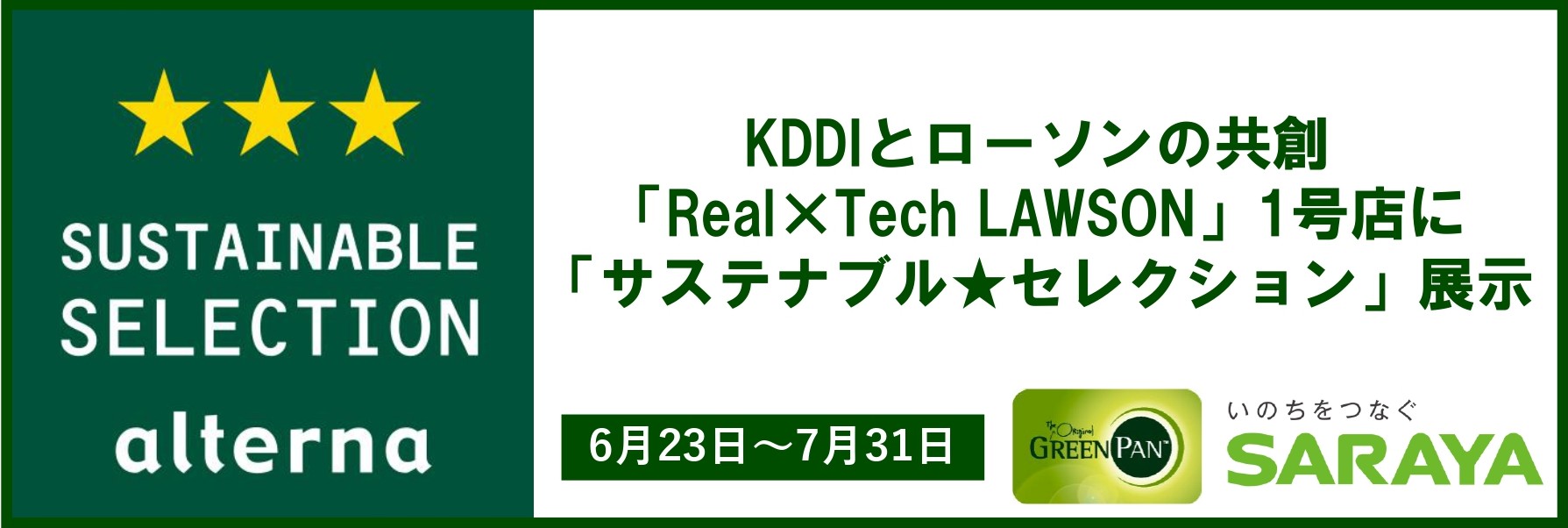


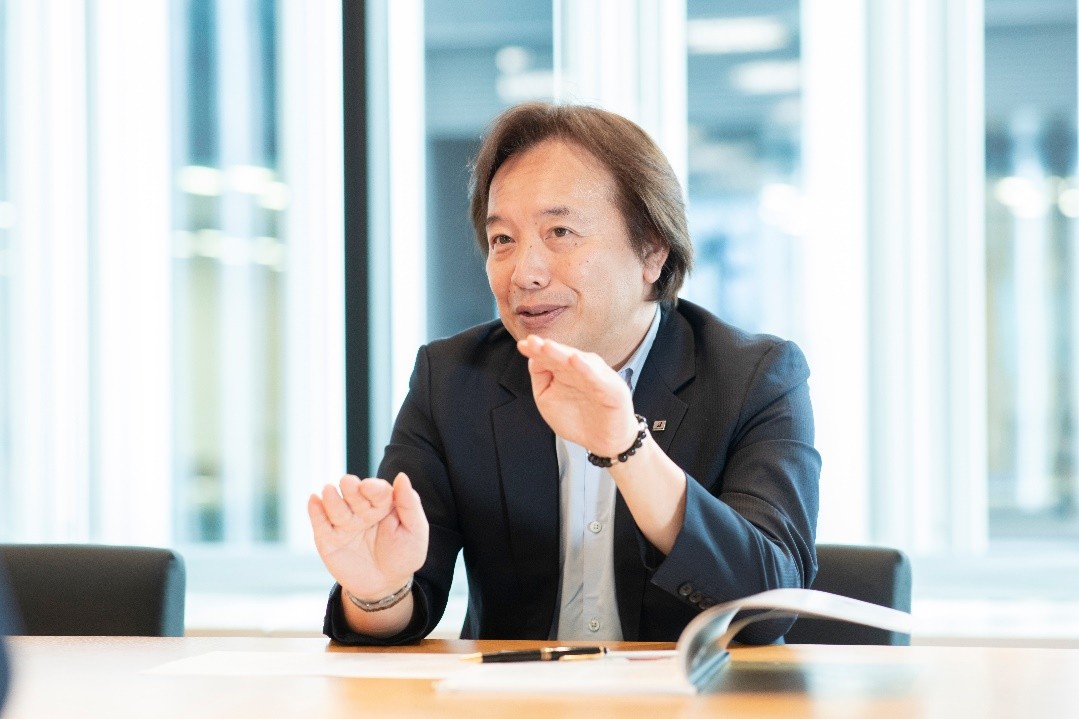
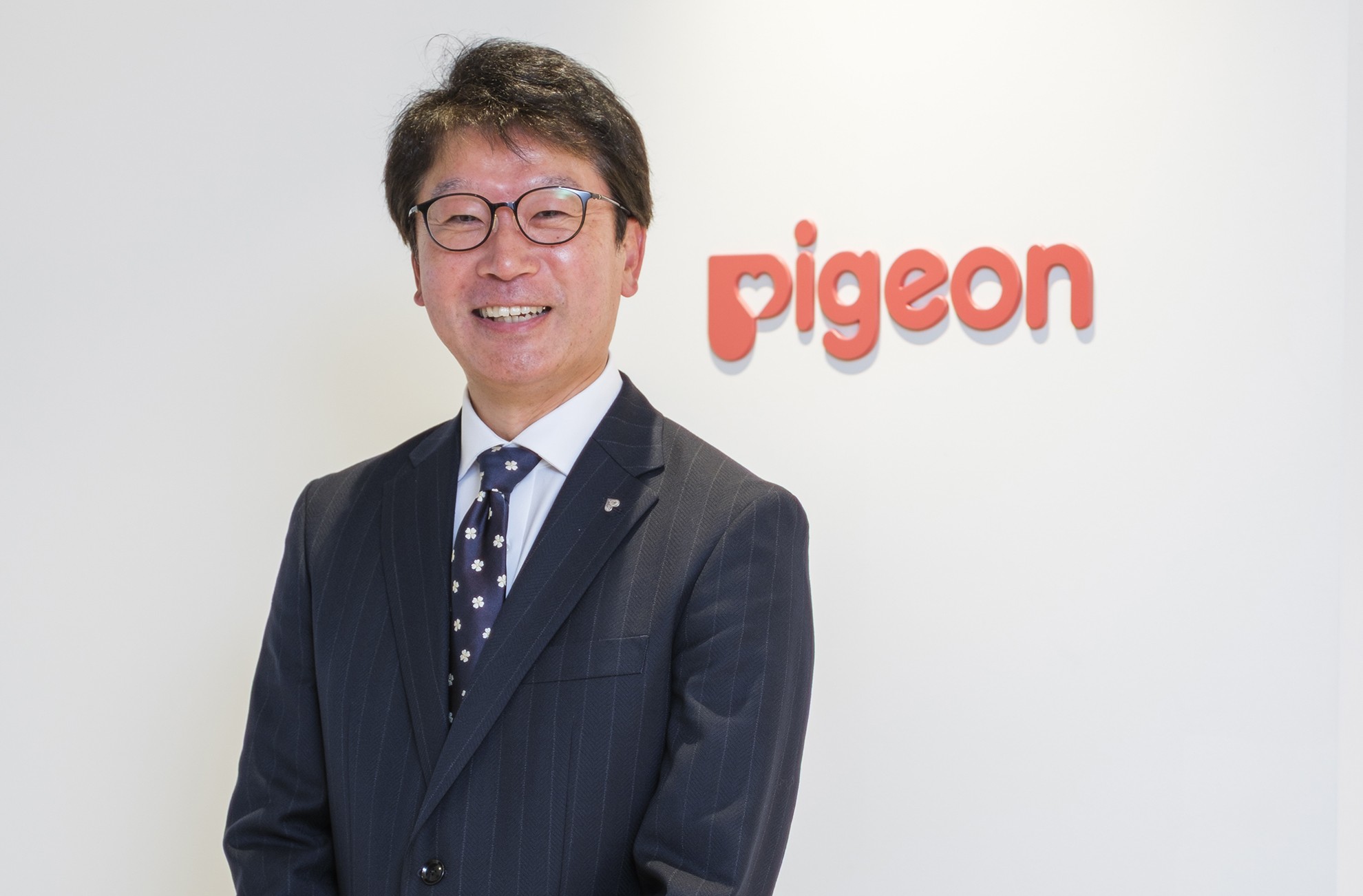
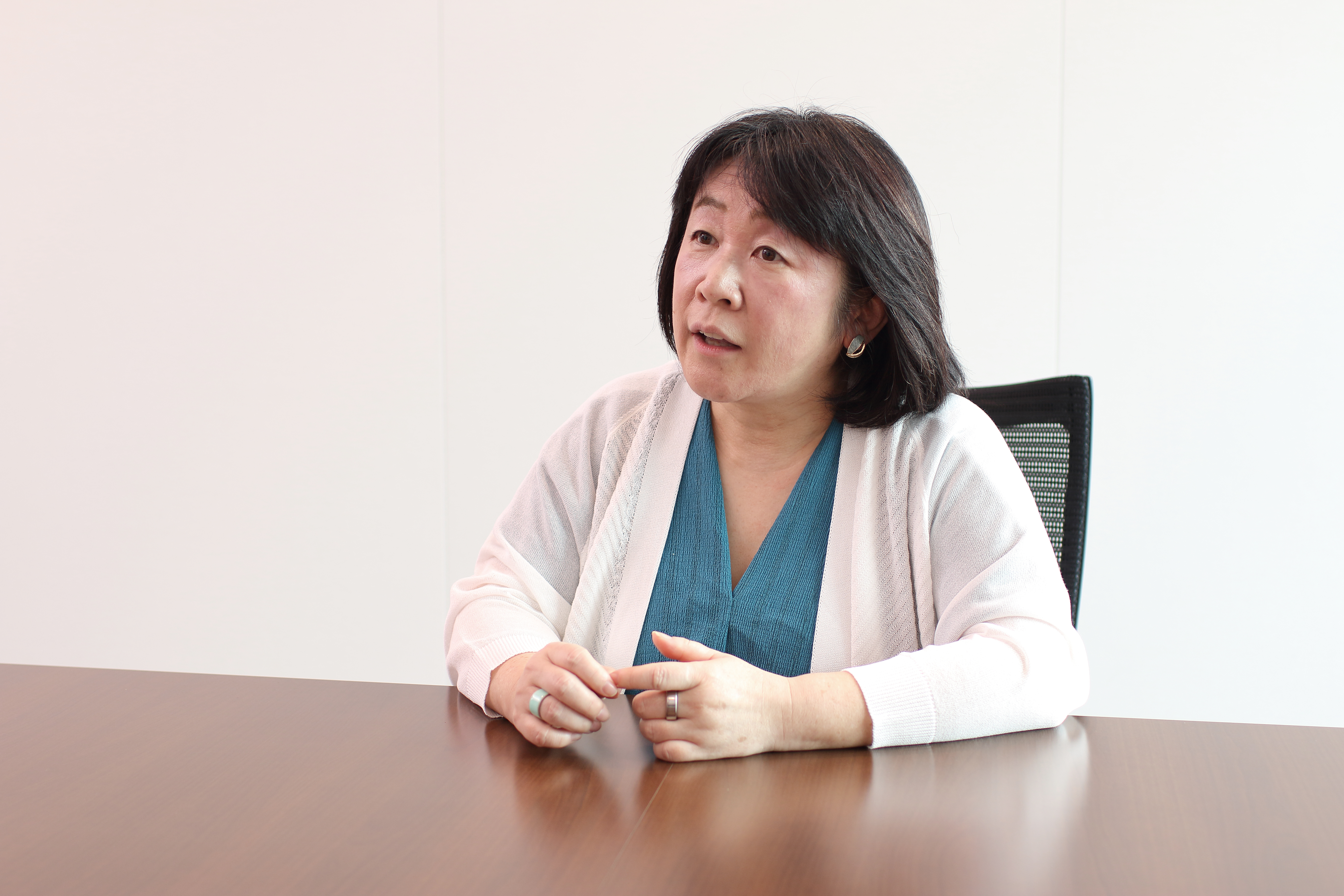
-1-scaled.jpg)
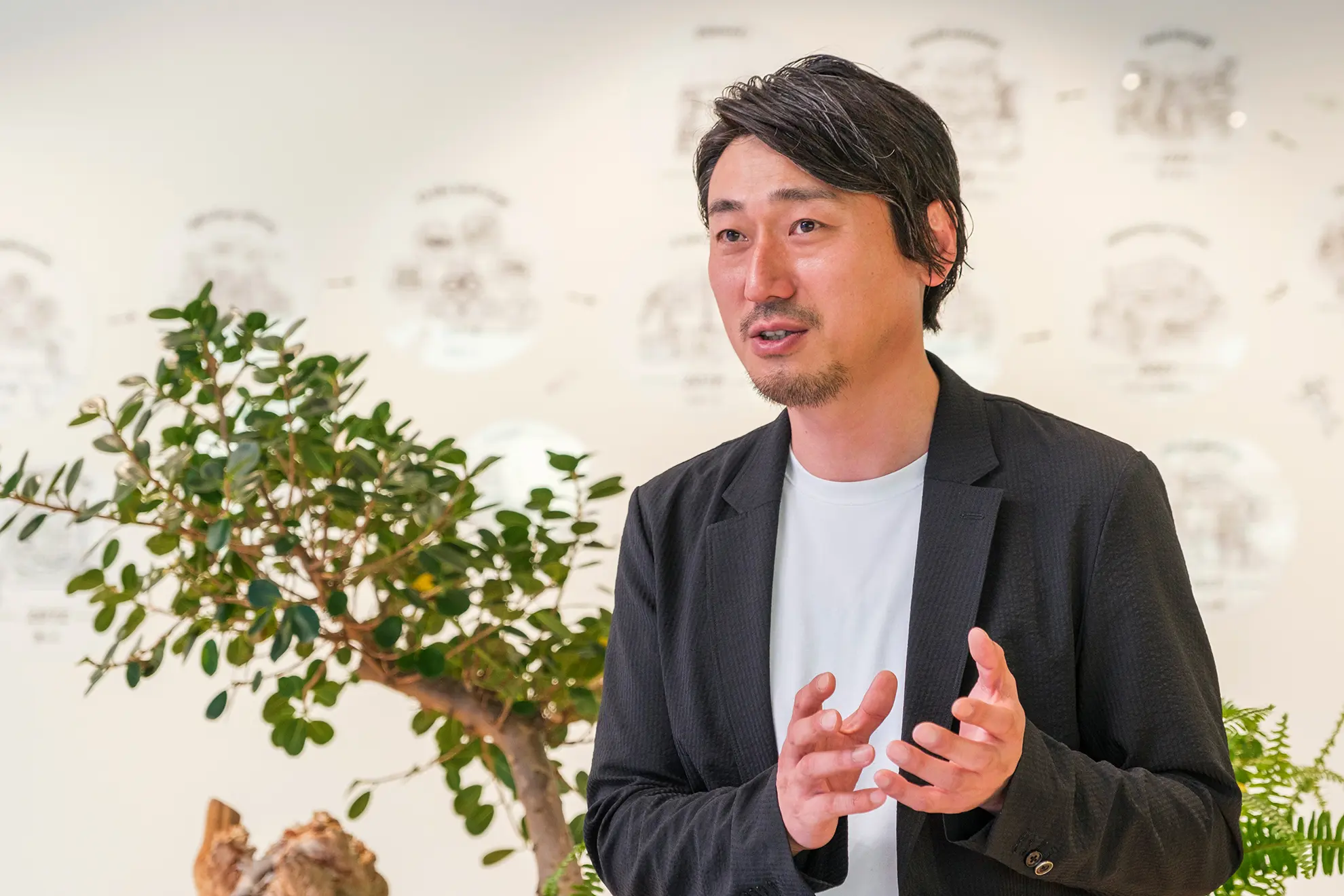
-scaled.jpg)
